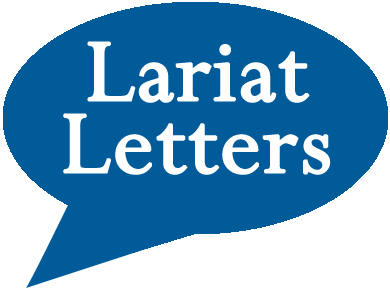Thank you for your interest in improving PawPrints. Your observations give us a great opportunity to talk about positive changes on the horizon for our printing system and highlight some little-used features that can help students today.
An important context to any conversation about PawPrints is that it is a shared resource, with printers and supplies provided by many departments who volunteer these resources for student printing. Since there is no central student printing fee or budget, changes to the cost of student printing are felt by every department that contributes. Importantly, the current free allotment of pages covers most academic printing needs for our students. Those who do use up their free quota typically pay less than $5 a semester out of pocket. We believe our free quota and cost structure do a good job providing for academic printing and keeping overage costs reasonable, while acknowledging that printing has real environmental and cost impacts.
With that in mind, any student may pay the Paul L. Foster business school’s technology commons lab fee if they would like the additional pages and access to facilities in Foster. Even this fee is not shared across the PawPrints system and already has an impact on every contributing department. Further custom printing allotments, while technically possible, would also have a financial impact on every contributing department and are generally contrary to the spirit of the PawPrints program, which tries to be simple and open.
Second, since departments do not currently have a way to subsidize printing for specific populations of students, to alleviate the amount of printing, we agree with the idea of encouraging faculty to use more earth-friendly approaches to readings and assignments. Just this week, I met with the Libraries/ITS Student Advisory Group and we identified that student printing has a sustainability component that could be brought forward. Box, Canvas and other tools, along with buy-in from faculty, makes this very possible.
You mention concerns that both relate to printers that are offline and the downstream consequences for students. This has been a pain point for student printing for a long time, both for students and support staff.
PaperCut, the software that brings printers across campus into a unified system, recently added a feature we are eager to deploy this summer that will automatically disable printers that are reporting errors. This will prevent students from releasing jobs to these printers until they are repaired. This will be an amazing improvement.
We are also increasing the number of staff that have the ability to delete jobs from printers when an error occurs. The increase in these “queue managers” will mean more attention for each printer and fewer jobs that are printed after a printer is repaired.
In the event that a PawPrints job is wrongly charged against an account, users may request a refund at baylor.edu/pawprints/login.
Another feature many students may not know about is that jobs can be released from mobile devices while standing near a PawPrints printer. Simply add baylor.edu/pawprints/release to your phone’s home
screen and release jobs while you are at the printer. You will be able to see if there is a long line or paper jam before releasing the print job, and you can ensure your private documents are collected only by you.
Finally, in regard to sustainability, Earth Day this year has a focus on “Greening our Schools.” PawPrints would welcome a wider conversation about a document’s lifecycle and support ways to help assignments move from draft, edit, submit, grade, return, perhaps even to publishing without ever becoming paper. Perhaps an initiative to reward faculty and students who are lightweight print users could be devised, or a campus education campaign could be launched about the life of an assignment and available resources that provide alternatives to printing.
Thank you again for your interest. We will keep working to make PawPrints better and look forward to working with others interested in solutions that reduce our dependence on paper.
With thanks,
Andrew Telep
Manager of TechPoint Services



